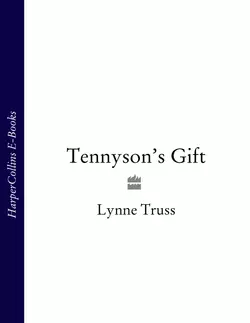Tennyson’s Gift

Lynne Truss
Тип: электронная книга
Жанр: Современная зарубежная литература
Язык: на английском языке
Стоимость: 191.96 ₽
Статус: В продаже
Издательство: HarperCollins
Дата публикации: 28.04.2024
Отзывы: Пока нет Добавить отзыв
О книге: From the bestselling author of ‘Eats Shoots & Leaves’, an unexpectedly moving, luminously wise and brilliantly funny novel about a Victorian Poet Laureate.In July 1864, a corner of the Isle of Wight is buzzing with literary and artistic creativity. A morose Tennyson is reciting ′Maud′ to empty sofas; the photographer Julia Margaret Cameron is white-washing the roses for visual effect and the mismatched couple, actress Ellen Terry and painter G. F. Watts, are thrown into the company of the remarkable Lorenzo Fowler, the American phrenologist, and his daughter Jessie. Enter mathematician Charles Dodgson (aka Lewis Carroll), known to Jessie as the ′fiendish pedagogue′, and Lynne Truss′s wonderfully imaginative cocktail of Victorian seriousness and riotous farce begins to take flight.